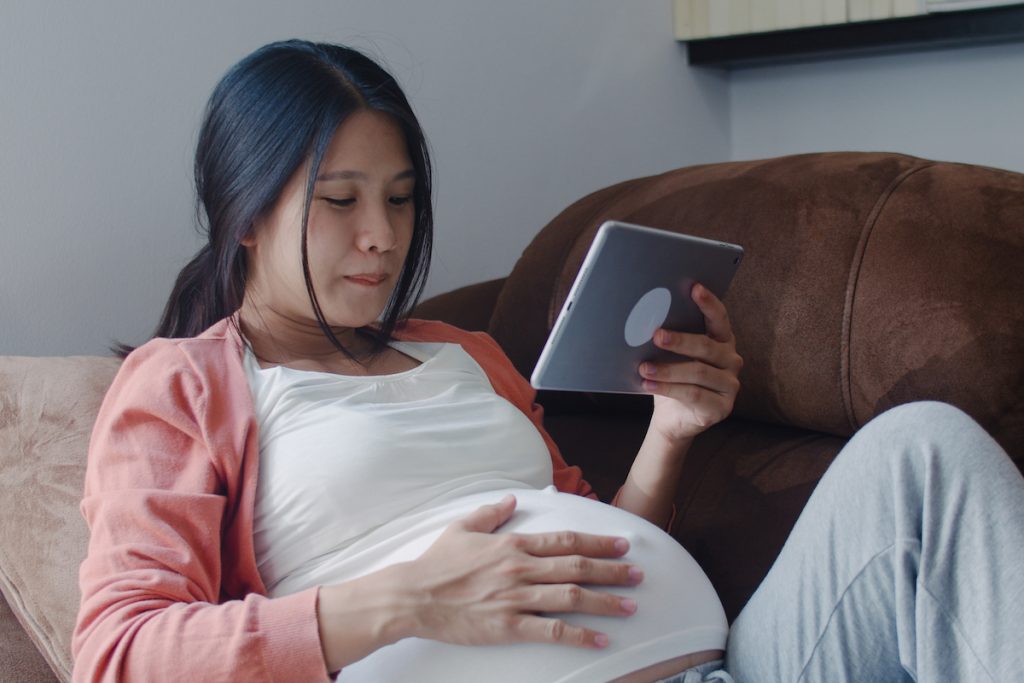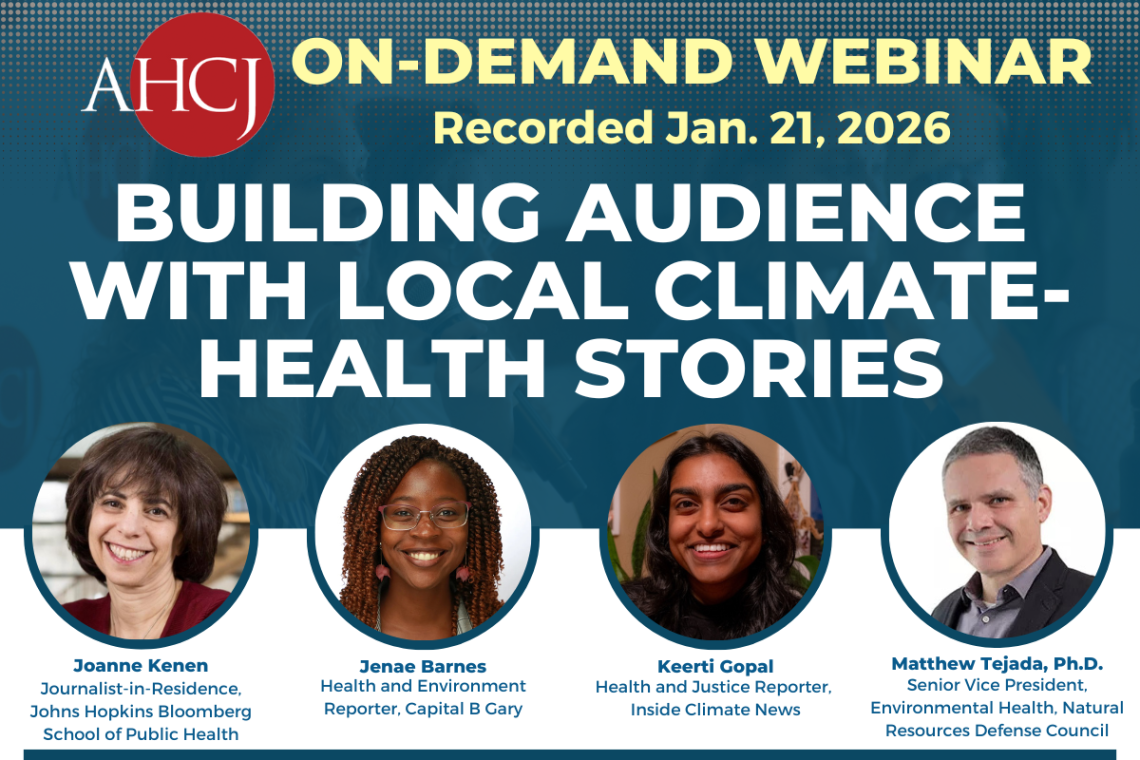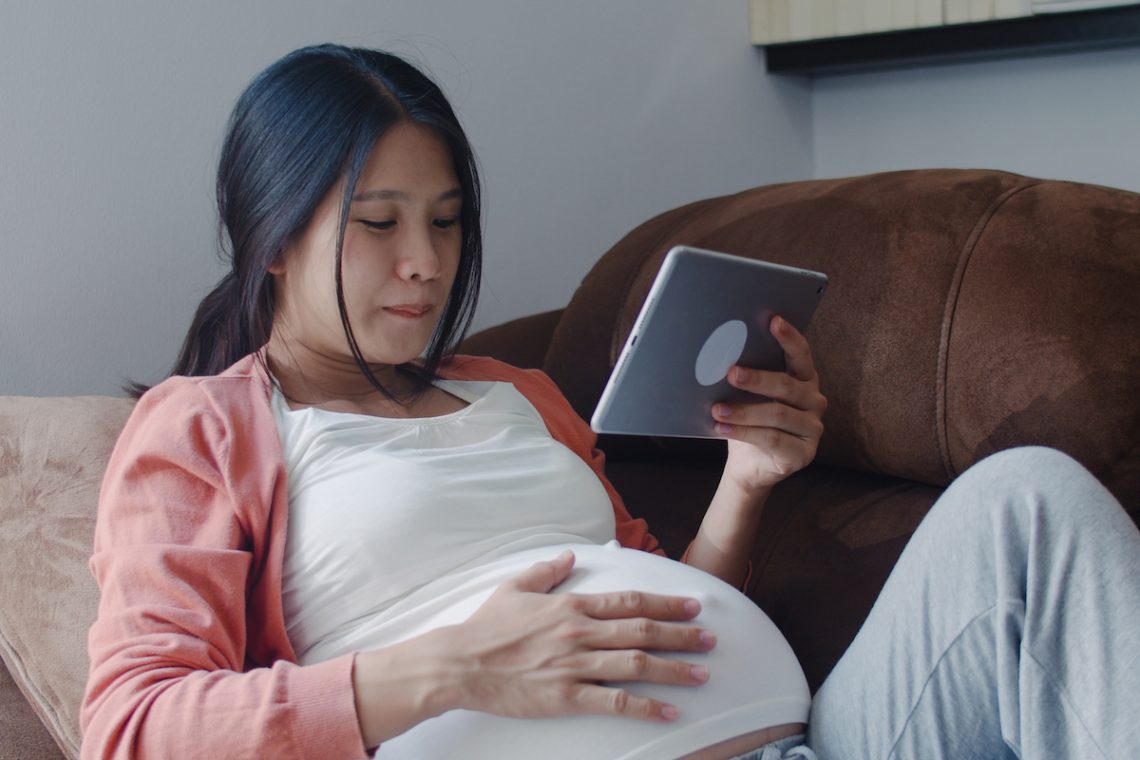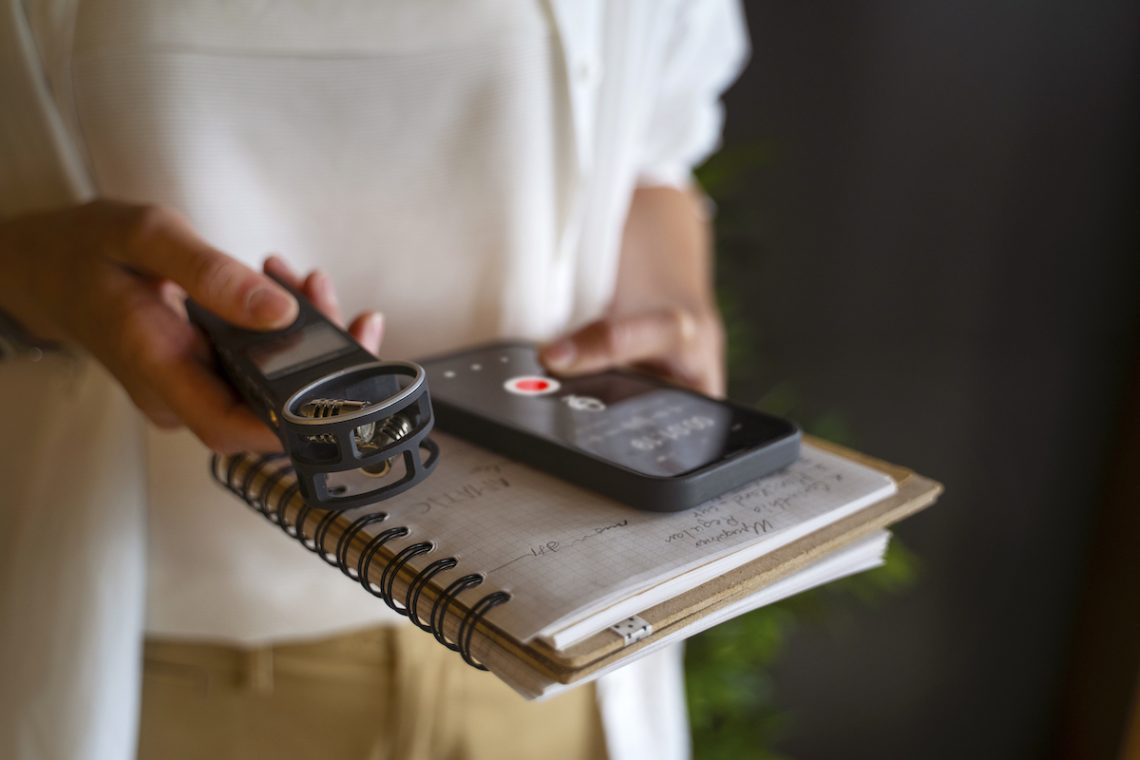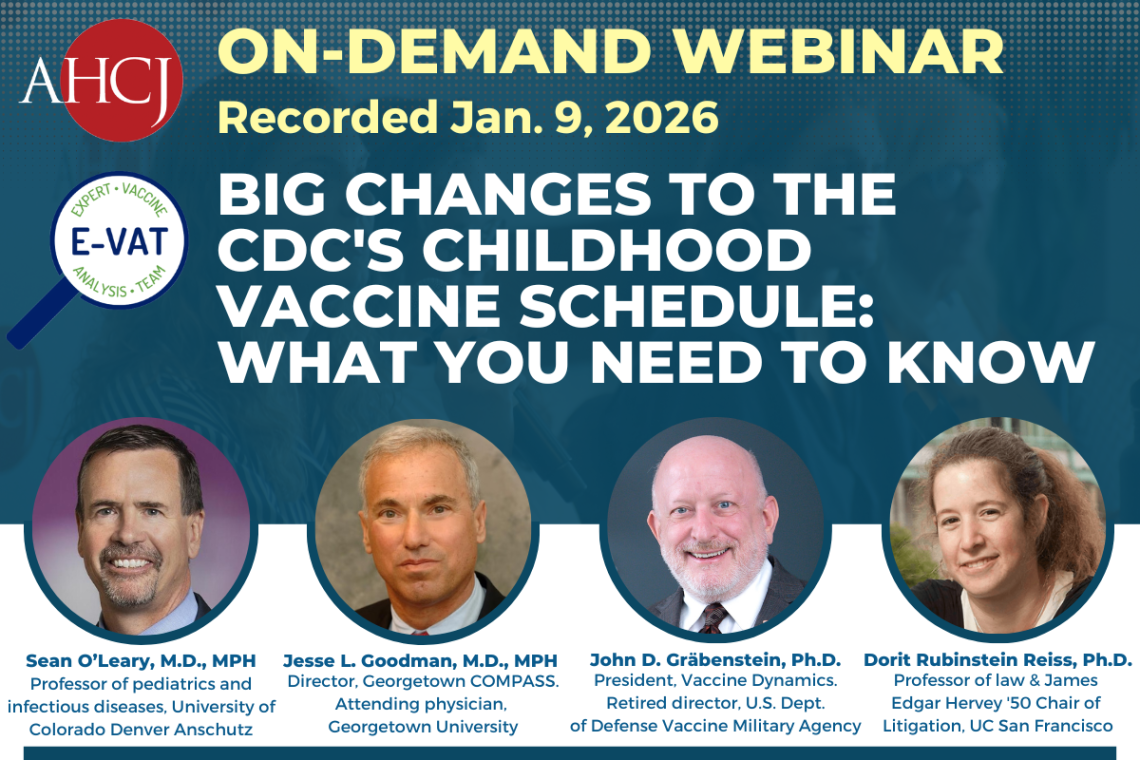Health Beat
Monitoring the Pulse of Health Care Journalism
Ad
-
How to care for your mental health over the next few years
A second Trump administration will likely make health reporters’ jobs more chaotic (again). Here’s how journalists — and a psychologist…
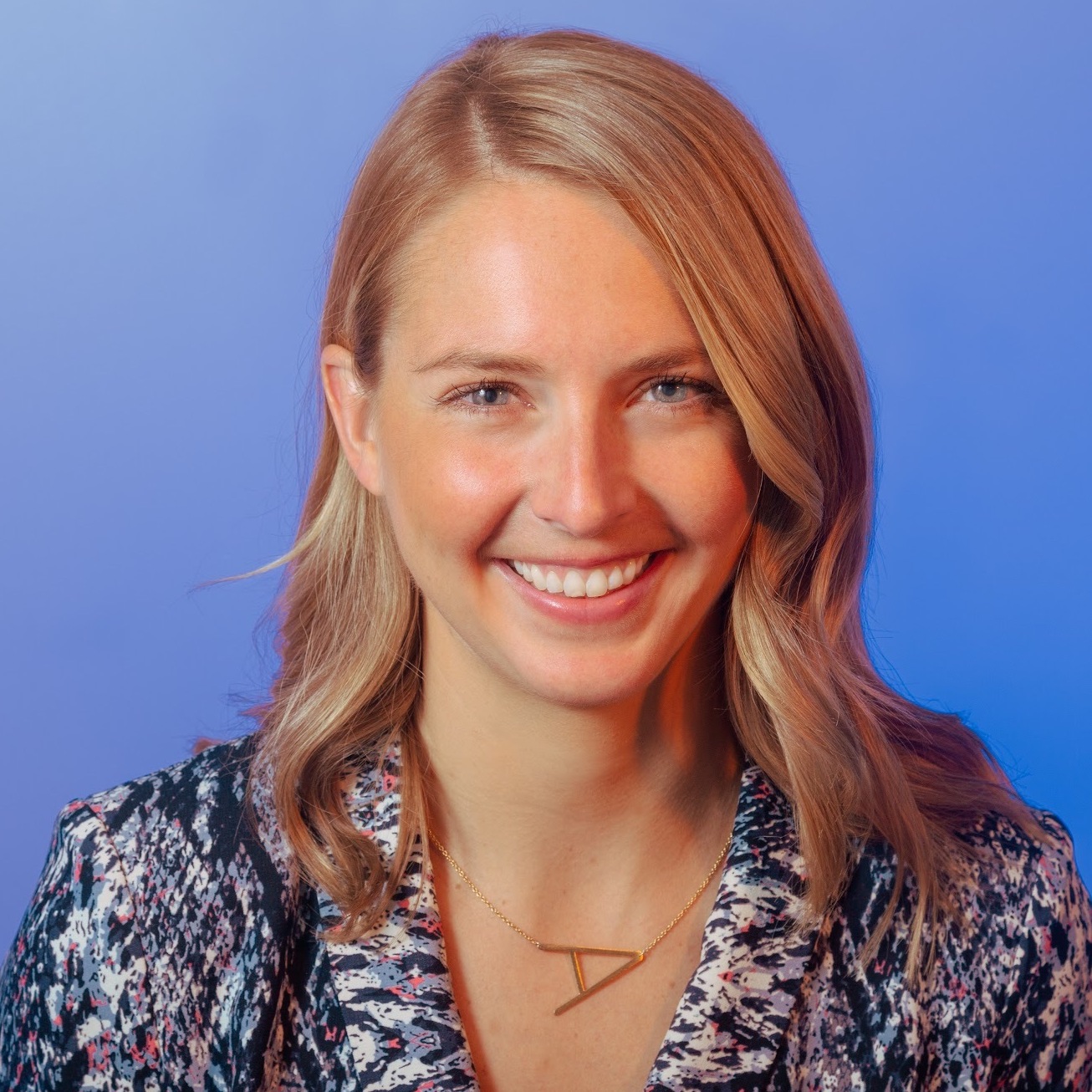
-
Building audience with local climate-health stories
In this webinar, we discuss how to find compelling, community-driven stories at the intersection of climate change and public health.
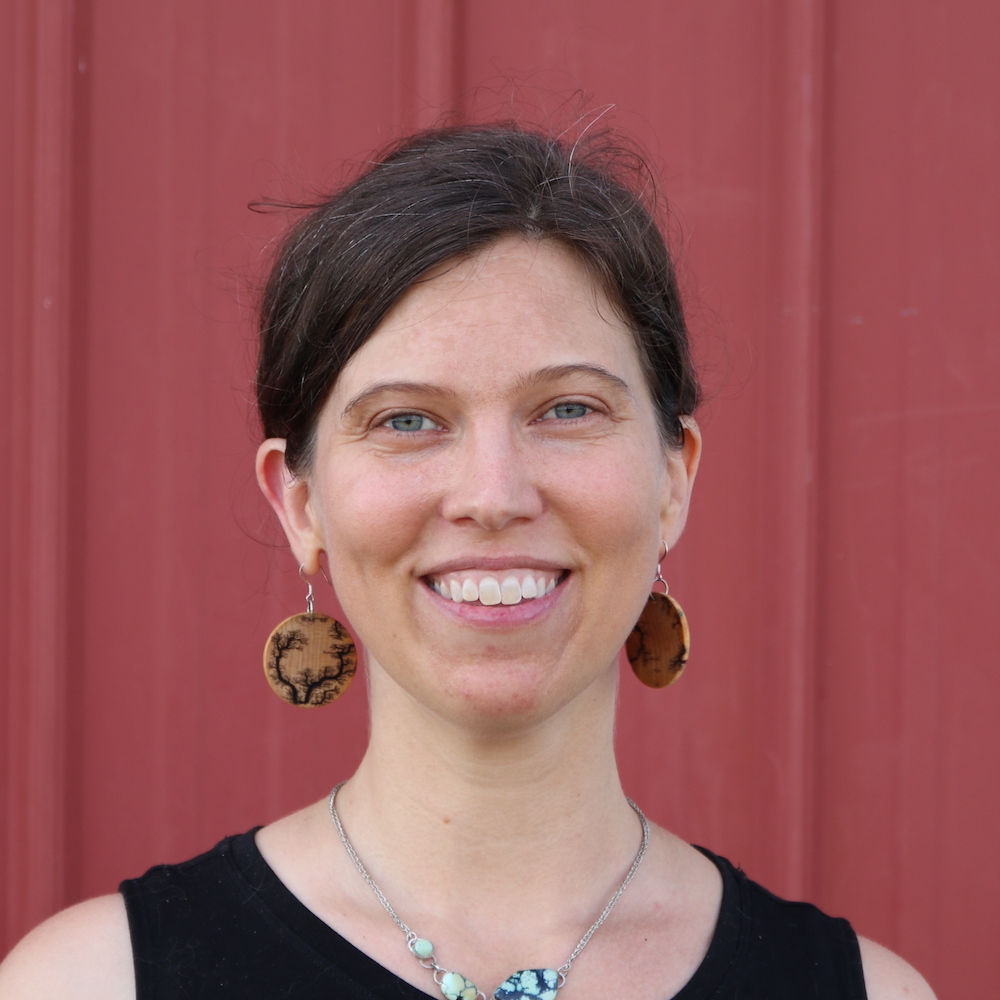
-
How journalists can stay safe covering protests
Press freedom expert Joel Simon shares why protests have become more dangerous for journalists, and what we can do about…

-
5 actionable ways to find health IT stories in 2026
Whether you’re a veteran reporter or just starting out, here are some tips to expand your health IT coverage.

-
How a freelance health journalist landed her first story with National Geographic
When Christina Heiser saw a callout for pitches that debunk health myths, she dug into her notes from a medical…

-
Gestational diabetes is on the rise, another indicator of inequities in health care
A new study found that the rates of gestational diabetes among pregnant people in the U.S. have increased 36% from…

-
New market guides for pitching to Good Housekeeping, Big Think and New York Post
Pitch more strategically in 2026 by trying new-to-you publications and delivering exactly what the editors are looking for.

-
Tips for covering the family caregiving crisis in America
A new report from AARP revealed that one in four adults provide unpaid medical care for a relative or friend…

-
Big changes to the CDC’s childhood vaccine schedule: What you need to know
In this webinar, hear from the experts about the CDC’s decision to shift six immunizations off the recommended childhood vaccine…

-
Health equity stories to follow in 2026
As we head into 2026, here are AHCJ Health Equity Beat Leader Lara Salahi’s predictions for topics poised to dominate…

-
What freelancers should know about the impending health insurance premium hikes
In a Q&A, an expert shares what is likely changing for many self-employed people who buy health insurance through the…

Featured Resources
Work the Health Beat.
Get exclusive news and training opportunities from AHCJ in your inbox once a week.



